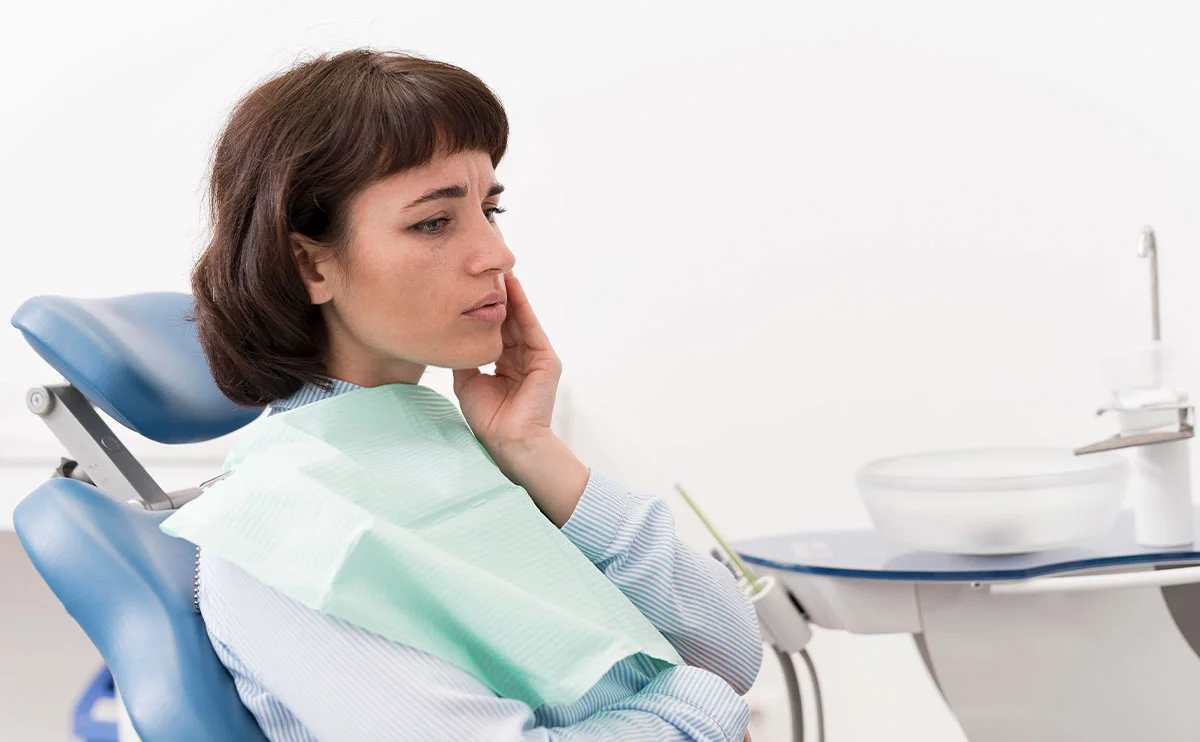Bruxism, known as the habit of clenching and grinding teeth, is a problem that many people experience without realizing it. Overworking of the jaw muscles can cause complaints such as tooth abrasion, jaw pain and headaches. Here are the most frequently asked questions and answers about bruxism treatment:
1. What is bruxism?
Bruxism is the unconscious clenching and grinding of one’s teeth during sleep or during the day. It is mostly caused by stress, anxiety and dental disorders.
2. What are the symptoms of bruxism?
- Pain in the jaw and face area in the morning,
- Abrasion and fractures in teeth,
- Head, neck and ear pain,
- Deterioration in sleep quality,
- A clicking or locking sensation in the jaw joint.
3. What causes bruxism?
- Stress and anxiety,
- Sleep disorders,
- Irregularities in the tooth and jaw structure,
- Genetic factors,
- Incorrect tooth closure (malocclusion),
- Some neurological diseases.
4. How is bruxism diagnosed?
As a result of the examination performed by the dentist, a diagnosis can be made by detecting tooth wear, sensitivity in the jaw muscles and joint disorders. A sleep test may be recommended if necessary.
5. What happens if bruxism is not treated?
If left untreated, it can lead to tooth wear, fractures, jaw joint disorders (TMJ disorders) and tooth loss in the long term. In addition, chronic head and neck pain may develop due to excessive load on the jaw muscles.
6. How is bruxism treated?
- Night Plate (Occlusal Splint): Specially prepared dental plates are used to prevent teeth from clenching and wearing out.
- Botox Treatment: Botulinum toxin injection into the jaw muscles can prevent teeth grinding by reducing muscle activity.
- Stress Management and Therapy: Psychological support and relaxation techniques may be recommended to reduce stress and anxiety levels.
- Orthodontic Treatment: Orthodontic treatment may be required in cases of bruxism resulting from disorders in the tooth structure.
- Physical Therapy and Exercises: Physical therapy methods and jaw exercises can be applied to relax the jaw muscles.
7. Does using a night guard completely prevent teeth grinding?
A night plate prevents wear and tear by preventing teeth from damaging each other. However, it does not completely eliminate the underlying cause. Therefore, it should be applied together with supportive treatments.
8. Is Botox effective in treating bruxism?
Botox can significantly reduce teeth grinding by preventing excessive contraction of the jaw muscles. It is a treatment method that usually needs to be repeated at 3-6 month intervals.
9. Can bruxism be seen in children?
Yes, it can be seen in children. It usually occurs during the change of milk teeth and can heal on its own over time. However, in severe cases, it should be evaluated by a dentist.
10. Is it possible to completely cure bruxism?
Complete elimination of bruxism depends on the underlying causes. Stress management is important in stress-induced bruxism. Orthodontic and surgical treatments may be required in cases related to structural disorders.
As Özel FARA Dent Oral and Dental Health Polyclinic, we offer comfortable and effective solutions to our patients using modern and scientific methods in the treatment of bruxism. You can contact us to get more information about bruxism treatment!

